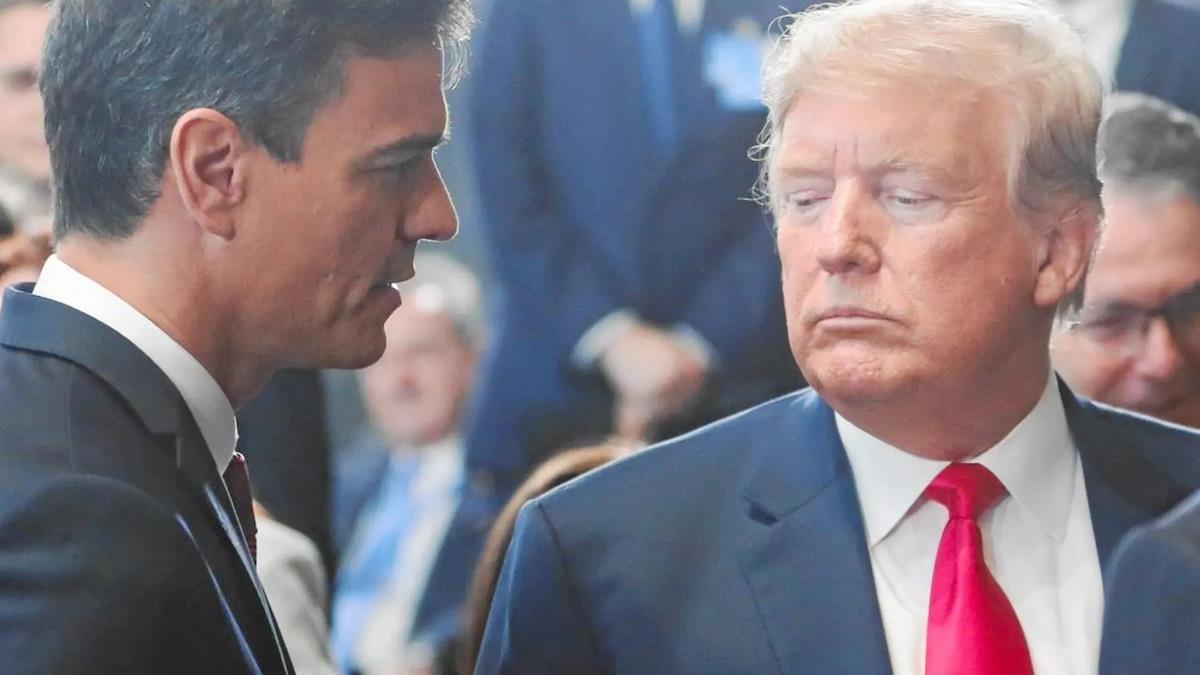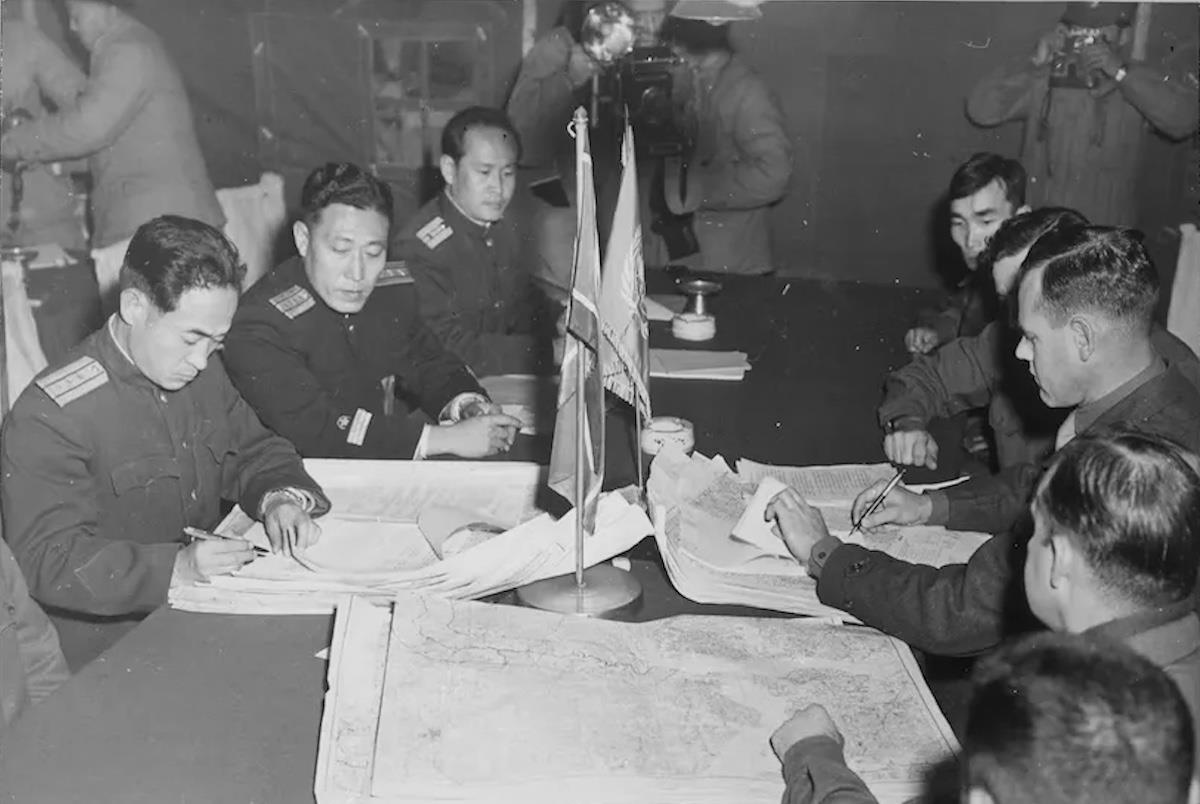
US And Spain Careening Toward A Strategic Breakdown
For Madrid, that stems from the strategic calculus that it is better to hedge with the United States to avoid overdependence, misalignment, and uncertainty in Spain-European Union (EU) relations. For Washington, that stems from the political imperative for greater strategic autonomy in Europe and increased burden-sharing in North Africa and the Sahel.
On the other hand, the Americans and Spanish find themselves on opposite sides of the political debates over the spending targets for North Atlantic Treaty Organization (NATO) member states, ongoing military operations by the Israeli Defense Forces in the Gaza Strip and West Bank, and the impact of Silicon Valley on democracy.
The problem for both countries is that it is clear that there are major events on the horizon, such as NATO Summit 2025 and South Africa's genocide case against Israel proceedings, that will provide huge policy windows for the Trump administration and the 119th United States Congress to act on their grievances.
The US National Security Council should, therefore, try to take some pressure out of the system by engaging in proactive relationship management in a way that strikes the right balance between political grievances and strategic interests on both sides.
One option that they should consider is to immediately relocate select military units from Naval Station Rota (Spain) to Ksar Saghir Naval Base (Morocco). That includes the Fleet Anti-Terrorism Security Team (FAST) Company Europe . That move would have clear benefits.
First, it would solve a messaging optics problem for the White House. Second, it would send an early signal to the Government of Spain that the strategic partnership is in jeopardy of a breakdown. Third, it would provide a mechanism for broadening and deepening security cooperation between Morocco and the United States, which will be necessary if the Trump administration chooses to abandon the strategic partnership with Spain.
Since the September 11, 2001 terror attacks, there has generally been a strong bilateral security relationship between Spain and the United States. In terms of security cooperation, the Government of Spain has regularly deployed its armed forces to fight alongside the United States and other NATO member states.
Examples include Afghanistan, Iraq, and Libya. The Government of Spain has also deployed its armed forces to conduct large-scale non-traditional security operations with the United States and other NATO member states. Examples include Libya, Somalia, and Yemen.
In terms of global posture, Spain hosts an important node in the American overseas basing network. Naval Station Rota (NS Rota) is a critical node for logistical support and strategic presence in Europe and Africa. Among other things, NS Rota hosts Fleet Anti-Terrorism Security Team (FAST) Company Europe.
FAST Company Europe is responsible for providing security forces for strategic weapons and rapid response and forward-deployed expeditionary anti-terrorism security forces in large parts of Europe and Africa. This includes evacuations of US diplomatic posts in times of crisis.
That said, there have been some major hiccups in the strategic partnership along the way. One occurred during the first Trump administration. That was over the extension of NS Rota. At the time, the Government of Spain sought to use that extension as leverage in bilateral trade negotiations. That did not go over well with The White House.
Strategic autonomyAlthough the prime minister of Spain, Pedro Sanchez, once declared that he is“a militant pro-European ,” the Government of Spain has found it difficult to pursue its national interests and adopt a foreign policy of its preference solely through the European Union (EU) and NATO.

Legal Disclaimer:
MENAFN provides the
information “as is” without warranty of any kind. We do not accept
any responsibility or liability for the accuracy, content, images,
videos, licenses, completeness, legality, or reliability of the information
contained in this article. If you have any complaints or copyright
issues related to this article, kindly contact the provider above.


























Comments
No comment